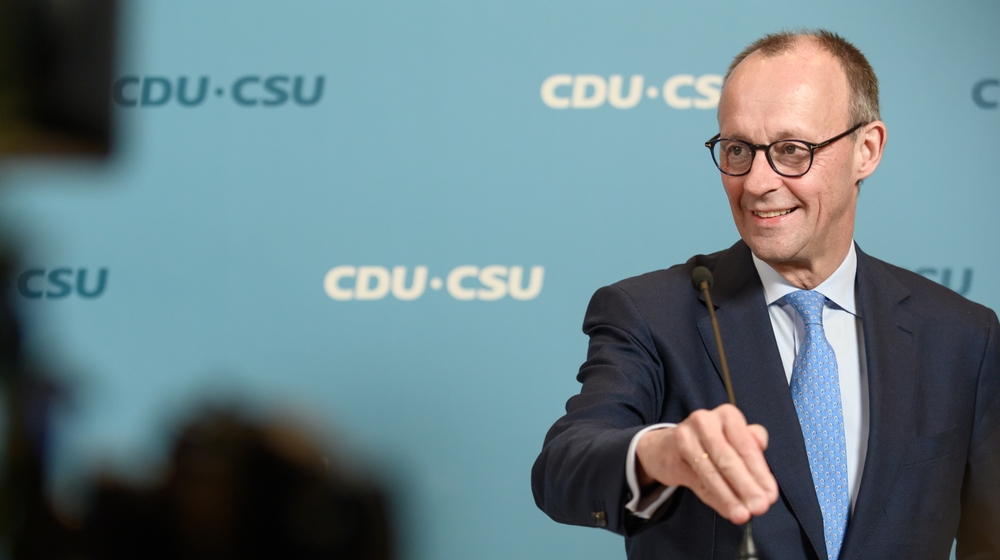Fragile economic growth, trade tensions, and a tightening labor market present complex challenges for incoming leadership
Others are reading now
Germany narrowly escaped a technical recession in the first quarter of 2025, but the economic outlook remains clouded by rising unemployment and looming trade disputes.
As conservative leader Friedrich Merz prepares to take office, the new coalition government will inherit a fragile recovery and mounting pressure to revive Europe’s largest economy.
GDP Grows, But Recovery Is Shaky
Preliminary figures released Wednesday showed Germany’s GDP rose by 0.2% in Q1, in line with forecasts and enough to pull the country out of recession territory. However, experts remain cautious.
“This level of growth is still too weak to end Germany’s prolonged stagnation,” said Carsten Brzeski, global head of macro at ING, as quoted by Reuters.
Also read
The economy had contracted by 0.2% in the final quarter of 2024, raising earlier fears of recession.
Despite this positive turn, Germany remains the only G7 nation to post zero net growth over the past two years. The Ifo Institute has even warned that the economy may shrink again by summer, particularly due to new U.S. import tariffs that threaten export performance.
Job Market Pressures Mount
Separate labor data offered a sobering contrast. The number of unemployed rose by 4,000 in April, bringing the seasonally adjusted jobless rate to 6.3%—its highest level since the COVID-19 pandemic and the highest non-pandemic rate since late 2015.
Economists link this trend to continued uncertainty over U.S. tariff policy. “It reduces companies’ willingness to hire, especially in export-driven manufacturing,” said Deutsche Bank’s Marc Schattenberg.
Merz Faces Urgent Economic Mandate
With Friedrich Merz set to lead a coalition of conservatives and social democrats, economic recovery will be a top priority.
“If the new government can follow words with action, it may inspire confidence in both households and businesses,” noted Cyrus de la Rubia, chief economist at Hamburg Commercial Bank.
Retail data paints a mixed picture. While sales were up in January and February, March saw a 0.2% decline. Meanwhile, import prices are rising—up 2.1% year-over-year—fueling concerns of delayed inflationary effects.
Trade Tensions Cast a Long Shadow
German industrial giants are already responding to growing global uncertainty. Mercedes-Benz withdrew its earnings forecast on Wednesday, and Volkswagen warned that its profit margins may hit the lower end of expectations.
The country’s April inflation figures are expected to ease slightly to 2.1%, down from 2.3% in March. Still, volatility in global trade—particularly the impact of U.S. tariffs—remains a key threat to stability.
After years of sluggish performance, the Merz administration must now contend with weak consumer sentiment, fragile export momentum, and a labor market that’s beginning to show strain.


